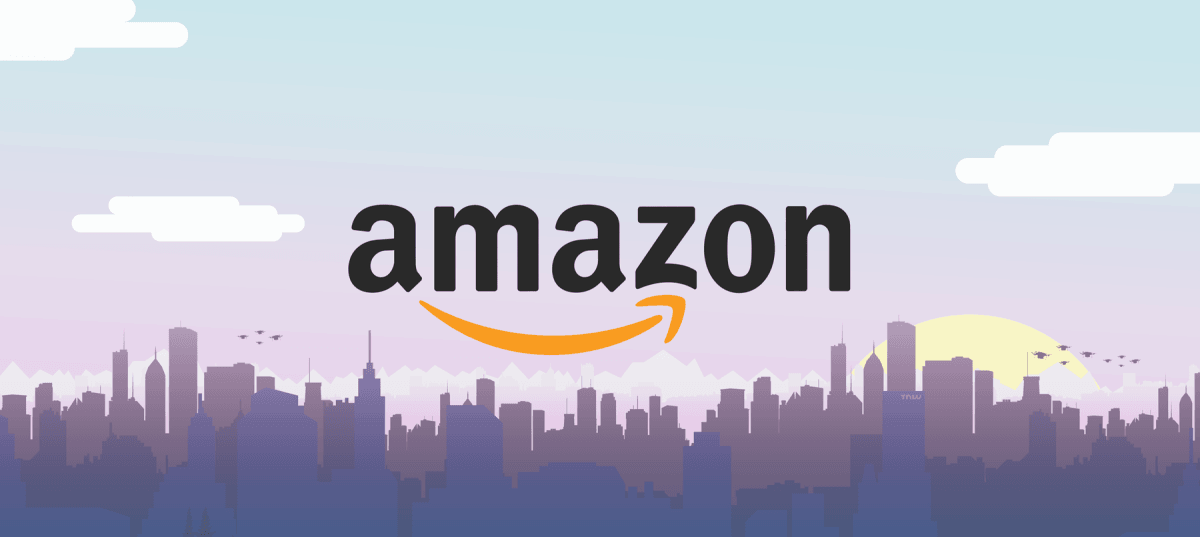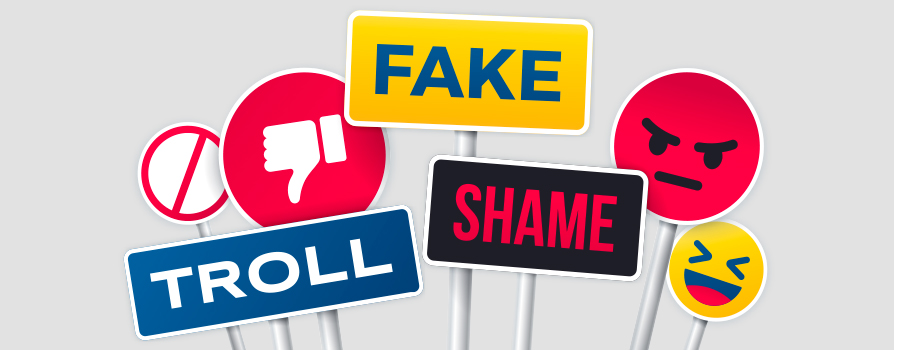
Four years ago, I posted this image of me on my Twitter account after I graduated from High School. I ended up deleting my Twitter a couple years ago, my this image remains online and is now the first image of me when I search my name on Google. Interesting.
I find myself online A LOT but I don't necessarily share too much about myself to the world wide web. I have accounts on most of your typical social media sites like Facebook, Instagram, and Snapchat, but I'm the annoying poster that shares every minute of my life. I just mainly enjoy sharing monumental moments and interesting discoveries from time to time for my friends and family.
One thing I notice is that Google doesn't really update that well on what I share, so when you search my name, a lot of the images that show up are of me playing hockey in high school, which I don't play anymore. However, there are links that are available that direct strangers to my LinkedIn and Facebook profiles. The only info they can assume about me is based on what I have shared so they may know basic info about myself but not much specifically that makes me unique.
Sometimes I worry about the semi-shady websites that ask for my email and/or phone number because that is private information that offers direct access to me. I don't know what that website plans on doing with that info. They could say that they need it to "confirm my account" but really using that to sell my info to other companies for advertising purposes. This is the reason why my email is filled with thousands of scam messages from unknown companies. My info is vulnerable and I can't take it back.


/cdn.vox-cdn.com/uploads/chorus_asset/file/19428201/528779824.jpg.jpg)
